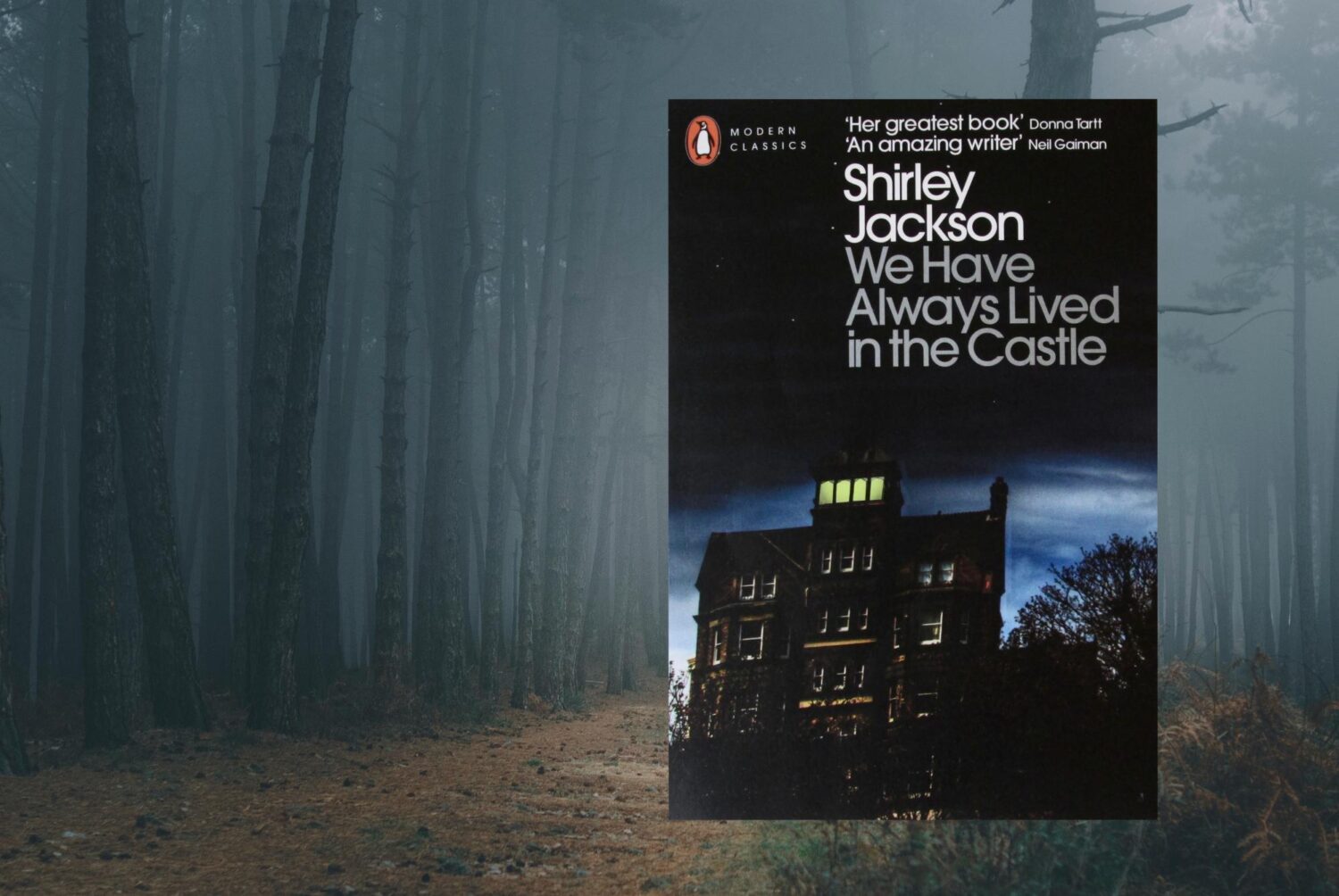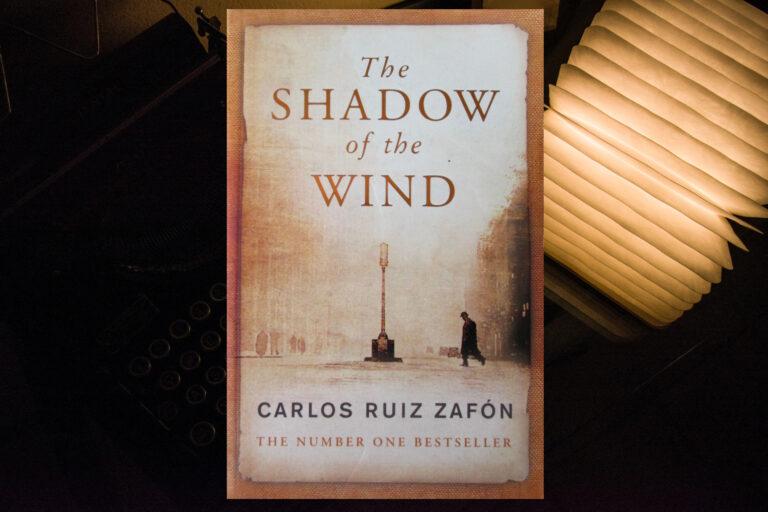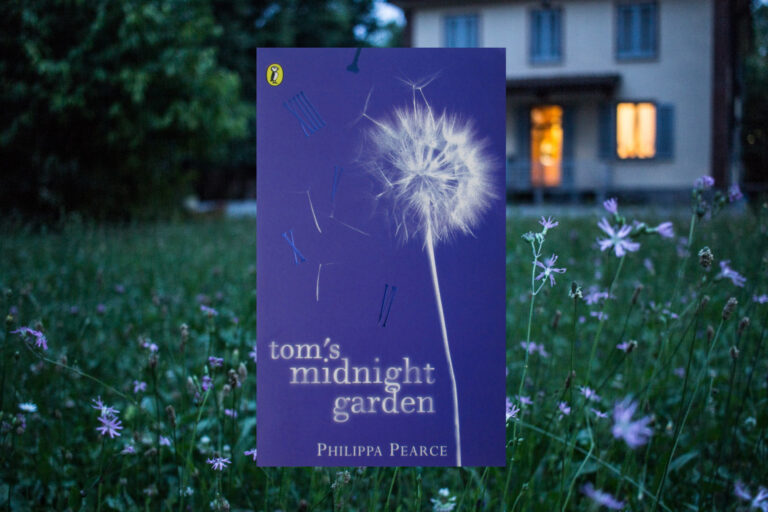A psychological drama that leaves you wondering about the defining actions of right and wrong as you come to love characters you possibly shouldn’t. The story is told from the first person perspective of Merricat Blackwood, and her life at the family estate, which on the surface appears idyllic, tranquil and in total opposition to the thoughts she has of the outside world. For that is where the locals are, their attitude one of bullying, torment and disdain, but only to those with the Blackwood name; viewing the remaining members with a mix of jealousy and morbid curiosity – for the other Blackwoods have all been murdered, and everyone suspects it was by one of their own.
Onto the suspects, there’s the uncle, who has been afflicted both mind and body from the incident. His thoughts and daily actions revolving around solving the family’s mysterious deaths. Next is Constance, the oldest of the two remaining siblings and who characterises a time of delicate femininity – her voice and mannerisms soft, while she loves to look after the family in cooking and cleaning. But through it all she holds herself in a sort of punishment for her family’s deaths. The youngest of the three, and Constance’s sister, is Merricat, and though barely an adult her maturity is of someone much younger – inventing spells and living in a land of make-believe where her cat talks to her. Defying the expected views of society – which her sister Constance embodies so well – Merricat is messy, enjoys playing in the undergrowth of the woods, is ill-mannered, and lastly, violent – smashing items when she doesn’t get her way, and in particular when there’s a change to her daily routine.
Therefore, when a distant cousin turns up, he represents everything Merricat hates, and more importantly fears – a disruption to her activities/rituals, and worst of all is placing himself between her and her sister, whom she treasures more than anything else.
The cousin’s veneer of pleasantry is more than just thin, with the reader left to fully understand the threat he poses to the Blackwoods’ way of life. His obvious motives adding to the book’s general sense of unease as you join with Merricat in her suspicions, and her annoyance at the blindness of others around them.
The setting of the story takes place against a backdrop of seemingly beautiful serenity – the house and gardens of the Blackwood estate are warm and enveloping even – whilst being isolated and guarded, much like ‘Constance’. The kind and softly spoken sister who seems to radiate beauty – but this is from Merricat’s perspective, and she adores Constance, wanting to keep her away from the world and to herself. In this there’s a stark warning; everything that you read in the book unfolds from the skewed perspective of Merricat. She’s our only eyes into their world, her voice alone is the one we hear, and in this you can easily get lost.
This first-person narration shows Merricat’s mind to be barely grounded in reality, and only through grasping hold of her magical spells – such as the conjuring and eating of names – does she feel some sense of comfort. Still, her desperate cling to such methods suggests a persistent paranoia of the outside world and maybe a fear much closer to home.
We Have Always Lived in the Castle is a psychological masterpiece, including its references to society; its widening differences between the wealthy elite, who are the minority, and the mass number of those living in poverty. The Blackwoods, who are considered a house fallen from grace, are still filthy rich, and as such the villagers loathe them for their wealth as much as for their past, maybe more so. At the same time they fear the family, believing the murderer is among the survivors;
‘I should not have said it, I knew, and a little gasp went around the store like a scream.’
Only a few pages into the book, and you’ll quickly formulate an idea as to who, but there’s a degree of uncertainty as you await the reason why and how.
As much as the villagers come to detest the Blackwoods, they too, or more accurately Merricat comes to hate them. Her daily routines focusing on the defences of the Blackwood estate; checking the locked gate and the wire fence – keeping the villagers out, and keeping the family in. For there’s a darkness to our narrator’s voice, and the further you read into the book, the more you feel yourself falling into a turbulent mind, with increasing hints that Constance may be more aware of Merricat’s state than she’s acknowledged.
‘I found a nest of baby snakes near the creek and killed them all; I dislike snakes and Constance had never asked me not to.’
In the cousin’s arrival to the house, there’s an increasing insanity to Merricat’s actions; suggesting an imagination that’s taking precedence over reality. Her strong determination not to be willed away by others, and as such she’s left only to stand more terrifyingly tall in the shadows. She never seeks to explain herself or wants to. Happy only in her life with her sister. The sibling’s relationship of protecting one another being slowly revealed as unhealthy; and bordering on something close to obsession. And yet, there’s something endearing in the way they treat each other, even as the emotional restrictions they place on their relationship is killing them from living a life outside of it.
The ending of We Have Always Lived in the Castle will either drive you insane along with the characters in the book, or leave you with a mix of emotions; the heart saying one thing, the mind another. This disconnect being caused by what you think is right to what you have come to love – and maybe this is closer to what one of the sister’s feels.
I certainly need a lie down after finishing the book, but then again maybe I’ll read it one more time – it’s just too tempting not to, so I’ll risk a bit of the book’s poison. I may just survive it.
Other Notable Works by Shirley Jackson:
- The Letters of Shirley Jackson 2021
- Let Me Tell You 2015
- Dark Tales 2013
- Just an Ordinary Day 1996
- Come Along With Me 1968
- Memoir Jacksons:
+ Raising Demons 1957 (2)
+ Life Among the Savages 1953 (1) - The Lottery 1948
Book Edition Information:
Publisher: Penguin Group
ISBN: 9780141191454
Cover Photograph: Andy McGowan
Presented Edition: 2009 Paperback
Background image courtesy of Egor Myznik on Unsplash











